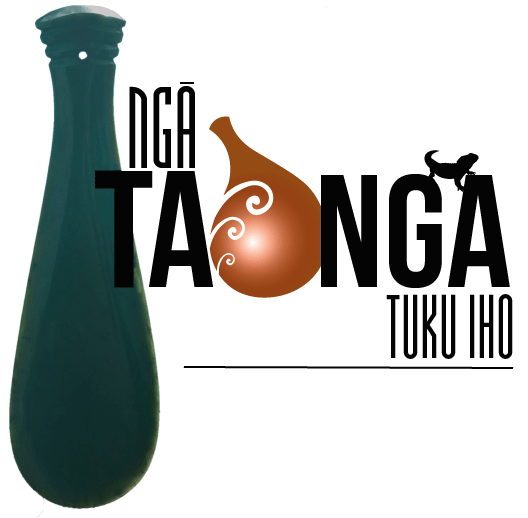Huihuinga Matauranga – 3 Concurrent Workshops
Wānanga Tuatahi/Workshop 1: Tikanga, Protocols & Practices for Whānau, Hapū, and Iwi Māori Collections
ROOM: Maitai 1
As the recovery and revitalisation of our culture and communities continues to develop and grow, there is an increasing interest in improving and recovering the tikanga (protocols and practices) for the effective management of collections of tangible and intangible taonga and mātauranga Māori deemed by collective whānau, hapū and iwi to be of value worthy of maintenance and protection. Like all areas of our culture, the tikanga we employ today are reminiscent of those practiced by our parents and grandparents but as our culture evolves and technology develops so too must our attitudes, practices and tikanga.
This workshop will feature people working with and for whānau, hapū and Iwi in this space, and present the protocols they have developed to provide access to taonga, to ensure maintenance and protection of taonga physically, intellectually, culturally and spiritually.
- Te Reo Tāwhiri/Convenor: Hinerangi Himona
- Kairīpoata/Rapporteur: Aneika Young (Cawthron Institute)
Kaikawe kōrero/Presenters: Te Waari Carkeek (Ngāti Toa), Te Herekiekie Herewini (Te Papa Karanga Aotearoa), Tahu & Karu Kukutai with Heeni Kani (Counting Our Tipuna, University of Waikato), Meri Haami (Rānana Marae)
Wānanga Tuarua/Workshop 2: Who controls Māori cultural narratives? Can only Māori use Māori narratives or can anyone use them? Working towards good practice in the use of Māori values and narratives in business.
ROOM: Maitai 2
Currently, anyone can use te reo Māori names (including Atua, tupuna and geographical names), Māori cultural values, tā moko, and images of Māori arts and crafts, to distinguish themselves as businesses, organisations, or Crown entities. An increasing number of Crown agencies are beginning to develop tikanga frameworks to guide their work. What does this mean for the ongoing transmission of Māori culture? New Zealand’s current policy system does not offer clear guidance on what constitutes good process and practice and the legal system provide littles or no protection against wrongful use.
This workshop will explore what it means to establish good processes and practices in the use of Māori narratives, including the adoption of Māori values in organisations and companies. What are the key essential elements of good practice? What should be done about wrongful offensive use?
Te Reo Tāwhiri/Convenor Mera Lee-Perenira (Te Whare Wānanga o Awanuiārangi)
- Kairīpoata/Rapporteur: Te Taiawatea Moko-Mead (EPA)
- Kaikawe kōrero/Presenters: Karen Waaka-Tibble (Trademarks Advisory Māori Committee), Ropata Taylor (Wakatū), Tracey Tawhiao (Artist), Karl Wixon (Arahia Pathfinders), Lisa Te Heu Heu (EPA)
Wānanga Tuatoru/Workshop 3: Taonga species and intellectual property: Protecting Māori rights and interests in the plant variety rights and patents regimes
ROOM: Waimea (Level 2)
Using the Waitangi Tribunal’s Wai 262 recommendations as a framework, this workshop will explore how the intellectual property system could better recognise and protect Māori rights and interests in taonga species and associated mātauranga Māori through presentations and interaction with workshop participants. How should kaitiaki interests in taonga species be considered in the intellectual property system? What might Treaty of Waitangi-consistent plant variety rights and patents regimes look like?
This workshop is relevant to the government’s review of the Plant Variety Rights Act 1987 and consideration of a disclosure of origin requirement for patent applications.
- Te Reo Tāwhiri/Convenor: Doug Jones (EPA)
- Kairīpoata/Rapporteur: Stephanie Zhang (MBIE)
- Kaikawe kōrero/Presenters: Ema Hao’uli (MBIE), Steve Saunders (Plus Group), Aroha Te Pareake Mead (Mataatua Declaration), Hema Wihongi (Ngā Kaiawhina o Wai 262)
